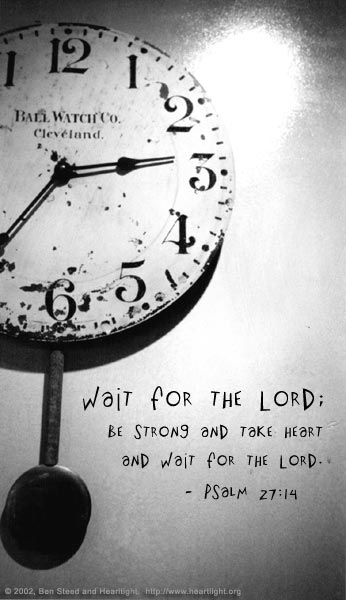The Acceptable Sin of Worry
Adapted from a Facebook post by Charles Swindoll
The pressures of our times have many of us caught in the web of the most acceptable yet energy-draining sin in the Christian family: worry.
Chances are good you awoke this morning, stepped out of bed, and before doing anything strapped on your well-worn backpack of anxiety. You started the day not with a prayer on your mind but loaded down by worry.
It happens to me far too often. This silent companion that walks with us through sanctuary halls and hospital rooms alike.
The stress from worry drains our energy and preoccupies our minds, stripping us of much-needed peace. Few in ministry are exempt. We fret over big things and little things, carrying laundry lists of concerns that feed our addiction to anxiety.
And worse—we’re passing it on. As our children and grandchildren see the worry on our faces and hear it from our lips, we’re mentoring them in the art of anxiety.
The heritage we build with each furrowed brow wasn’t in our ministry plans, was it?
As always, Scripture holds the answer. Paul wrote from house arrest—a man who had every reason to worry yet discovered a different path:
“Rejoice in the Lord always… Be anxious for nothing, but in everything by prayer and supplication with thanksgiving let your requests be made known to God.” (Philippians 4:4–7)
His prescription for anxiety can be distilled to six transformative words:
Worry about nothing. Pray about everything.
Let those words sink deep. Read them again, slowly.
Notice that the remedy involves a choice—not denial. “Don’t worry; be happy” fails to appreciate the seriousness of your concerns.
You worry because the problems you face are genuinely difficult. They carry real consequences. God doesn’t expect you to suddenly stop caring.
Instead, He offers an alternative to the pointless and exhausting habit of worry: transforming each anxious thought into a conversation with the One who holds tomorrow.
Before this day is done, you’ll stand at another crossroads between worry and prayer. The invitation remains the same: decide now what path you’ll choose.
What burden feels heaviest on your shoulders today? What if—just for this moment—you set down that well-worn backpack and opened your hands in surrender?

